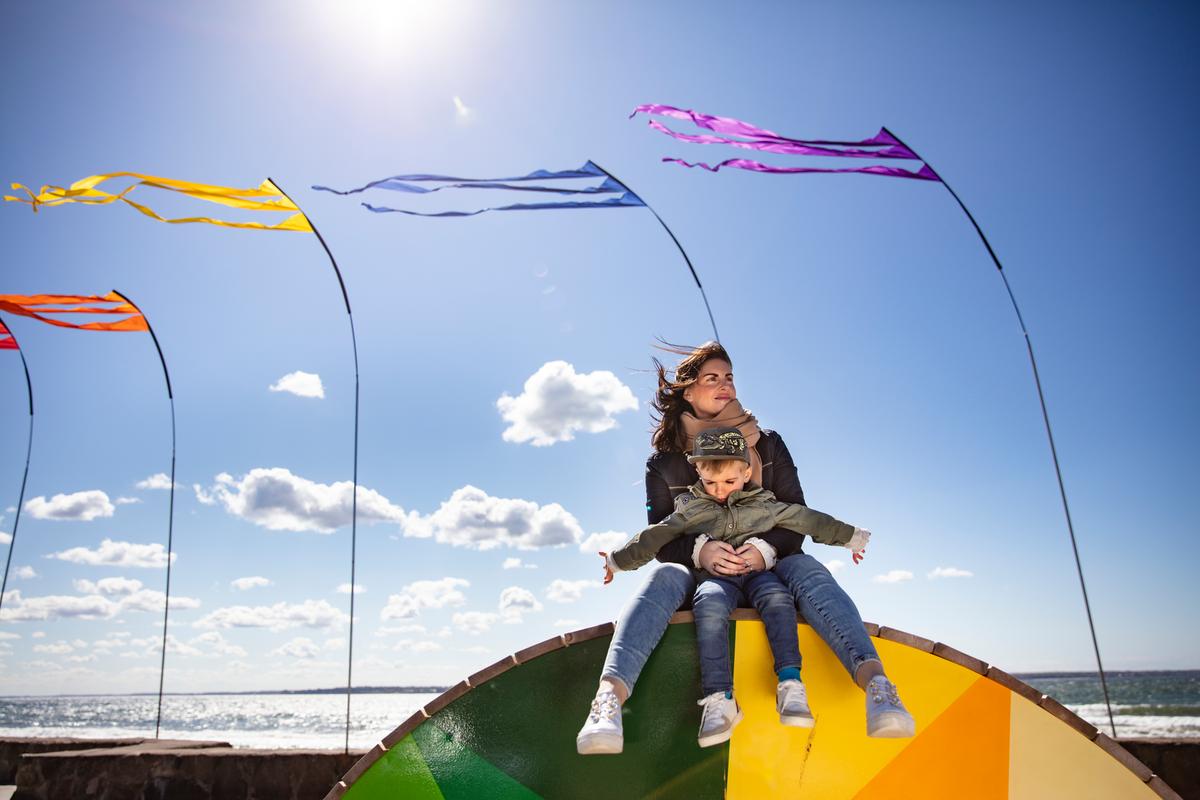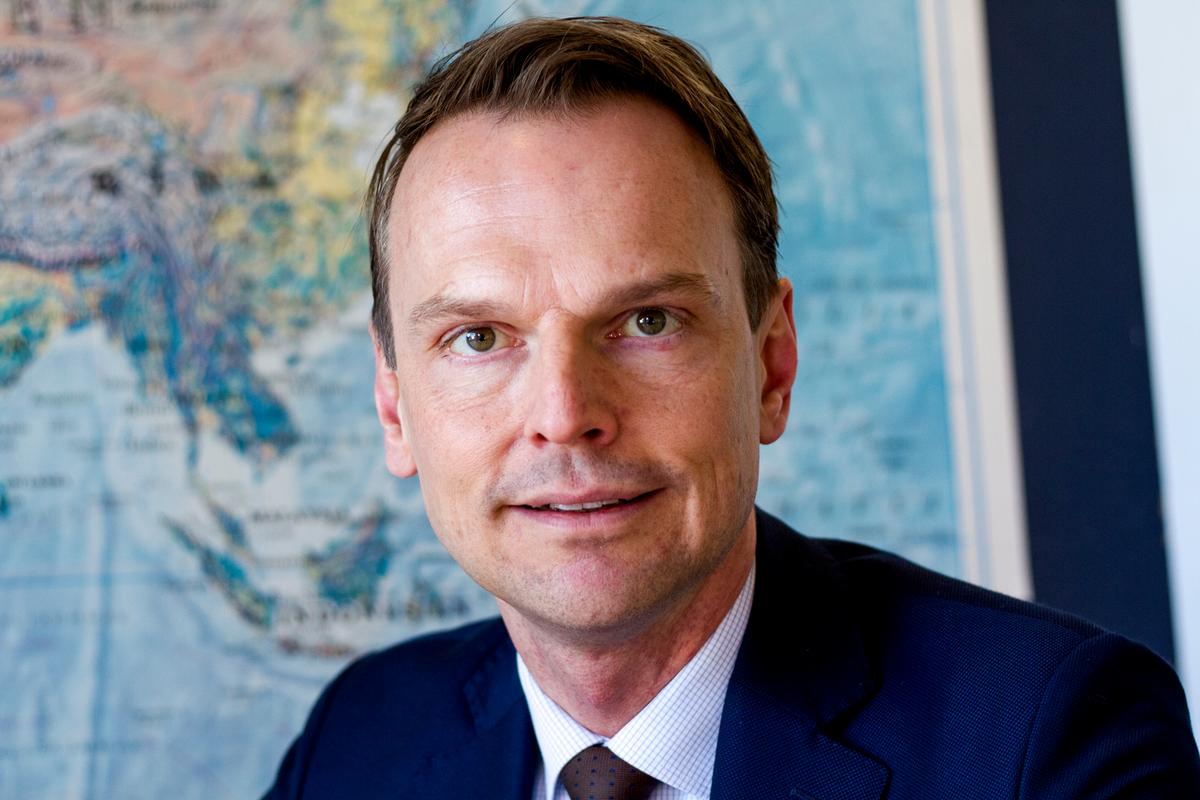Nestled in natural and historical beauty where the Baltic Sea meets the North Sea, Helsingborg, a mid-sized city of 150,000 residents, prides itself on putting people and planet first.

In response to facing an increasingly ageing population and a steady decrease of tax-payers, Helsingborg launched its “H22 initiative” in 2019. This wide-reaching initiative is, at its core, a major investment in collaborative innovation to transform the municipality into a city-wide test bed for developing sustainable solutions.
Helsingborg firmly believes that collaboration, inviting and supporting experimentation, and being open to innovation, are all key components to building sustainable urban futures. What’s more, the city is not alone in this conviction. In fact, its efforts have led it to be recognised multiple times as the “most environmental city” in Sweden, including in 2017, 2018, 2019, and 2020.
 With its aforementioned H22 initiative, Helsingborg has turned its municipality into a living ecosystem for innovative ideas. The city seeks out new local, national and global partnerships, through which it collaborates with citizens, businesses, and academia to position Helsingborg at the forefront of sustainable urban development.
With its aforementioned H22 initiative, Helsingborg has turned its municipality into a living ecosystem for innovative ideas. The city seeks out new local, national and global partnerships, through which it collaborates with citizens, businesses, and academia to position Helsingborg at the forefront of sustainable urban development.
The H22 initiative has already led the city to collaborate with more than 70 national and global businesses and organisations, who have used Helsingborg as a test bed for cutting-edge sustainability solutions. This openness to experimentation and collaboration has already led to the roll-out of a number of sustainability solutions, including:
Cities often struggle to support testing and innovation. After all, experimentation also means taking the risk that some experiments may not work. This makes Helsingborg’s embrace of experimentation that much more impressive! To this end, Helsingborg has also chosen to host a 35-day international event to share their learnings with global peers.
This event, called H22 City Expo, will furthermore serve to connect Helsingborg to an ever-broadening community of collaborators. The Expo will take place from 30 May to 3 July. All ICLEI Members are warmly welcome to join, and can find more information at https://www.h22cityexpo.com/.

 “Creating a sustainable city for the future calls for innovative leadership, enabling new collaborations across all sectors, and engaging citizens in co-creating smart solutions that cater to real everyday needs. Cities are where change needs to happen, and it needs to happen now. It’s vital that innovative ideas are scalable and can be shared with other cities and through networks such as ICLEI. Only then can we achieve the transformation required to ensure a sustainable future for coming generations.”
“Creating a sustainable city for the future calls for innovative leadership, enabling new collaborations across all sectors, and engaging citizens in co-creating smart solutions that cater to real everyday needs. Cities are where change needs to happen, and it needs to happen now. It’s vital that innovative ideas are scalable and can be shared with other cities and through networks such as ICLEI. Only then can we achieve the transformation required to ensure a sustainable future for coming generations.”
– Peter Danielsson, Mayor of Helsingborg
Helsingborg has been a member of the ICLEI Europe community since 2000. The City of Helsingborg has been active on many fronts. They have, for example, contributed to ICLEI's Sustainable Cities Platform and are part of the MCR2030 Resilience Hub.